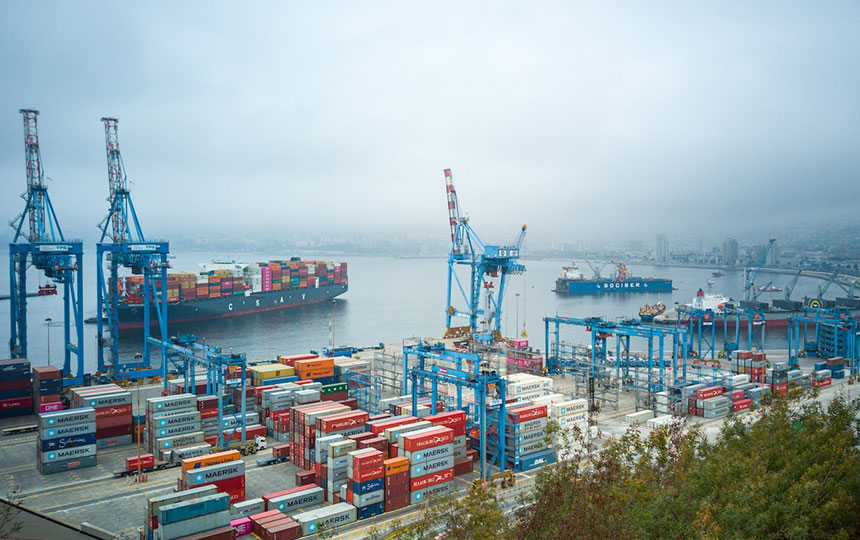Considering relocating your lab? Not so fast. Many crucial pieces of equipment are taking much longer to arrive due to supply chain issues, thus leading to unexpected costs and timing delays that impact every aspect of your move.
Lengthier lead times for equipment such as air handling systems, for example, are wreaking havoc with new lab build outs. Consequently, you may expect increased expenses due to the following three scenarios:
1. The inability to accurately project a delivery date of a new lab build out.
Not being able to establish a delivery date affects when you notify your current landlord that you will be vacating the space. An unspecified delivery date may also affect when to order equipment and other materials to fit out a functioning lab. As a result, equipment may need to be stored while waiting for occupancy.
2. Issues with planning & design affected by availability of materials and labor of various stages of the project.
Once a design is approved and signed off on, construction will begin; however, if there are supply chain issues causing delays in receiving equipment and materials, this will impact the steps and timing in the construction process, ultimately causing the delivery date of space to be unknown.
3. The inability to vacate your existing space if the new space is not ready when projected creates the possibility of a “holdover” position with your existing landlord.
“Holdover” is a term used to denote a tenant remaining in their space beyond their lease expiration date. Leases typically outline what these holdover costs will be in the event you are unable to vacate your current space. Expenses can be quite high with rents increasing from 125% to 200% of your current rental rate. Additionally, your existing landlord may have promised your soon-to-be vacated space to a tenant in the complex or to a new tenant, further complicating the situation. Therefore, it is important to be aware of all extenuating circumstances prior to negotiating with your existing landlord.
A life science company has many advantages if they can relocate into an existing available laboratory space in New Jersey that meets their needs. If an existing lab is not an option, you may want to rethink your relocation.
Another possibility is trying to make accommodations to simply stay where you are and expand. In the event you are unable to occupy your new space, you may need to explore making arrangements with your existing landlord for lease extensions to avoid holdover rates. All these additional costs and possible delays must be factored into your decision.
—
Please contact for more information about available laboratory space in New Jersey.
Jeanne Sabo-Rothenberg, CCIM
Vice President
NAI DiLeo Bram & Co.
Cell: (908) 377-9004
https://www.commercialrebroker.com/
jrothenberg@naidb.com

